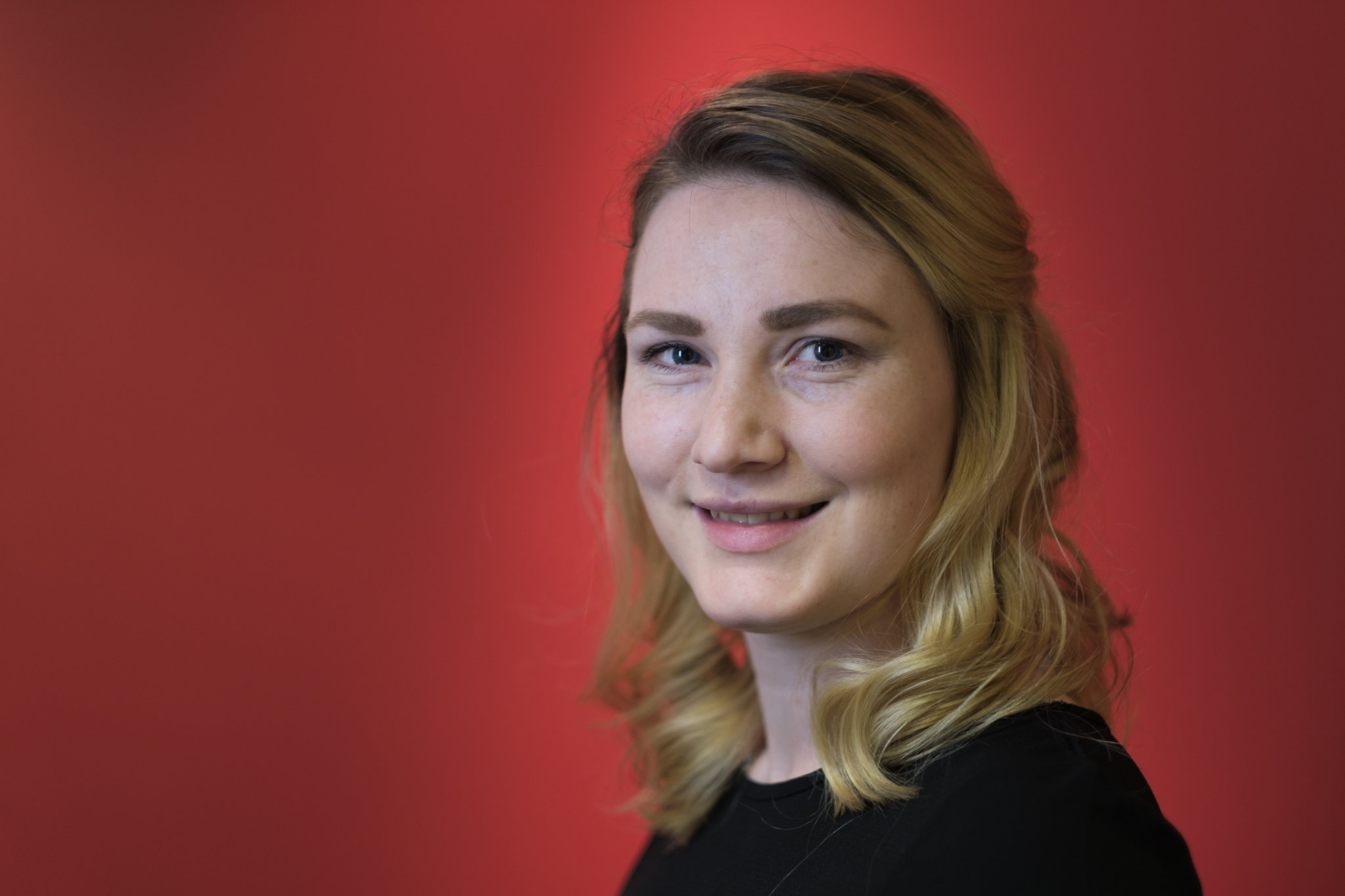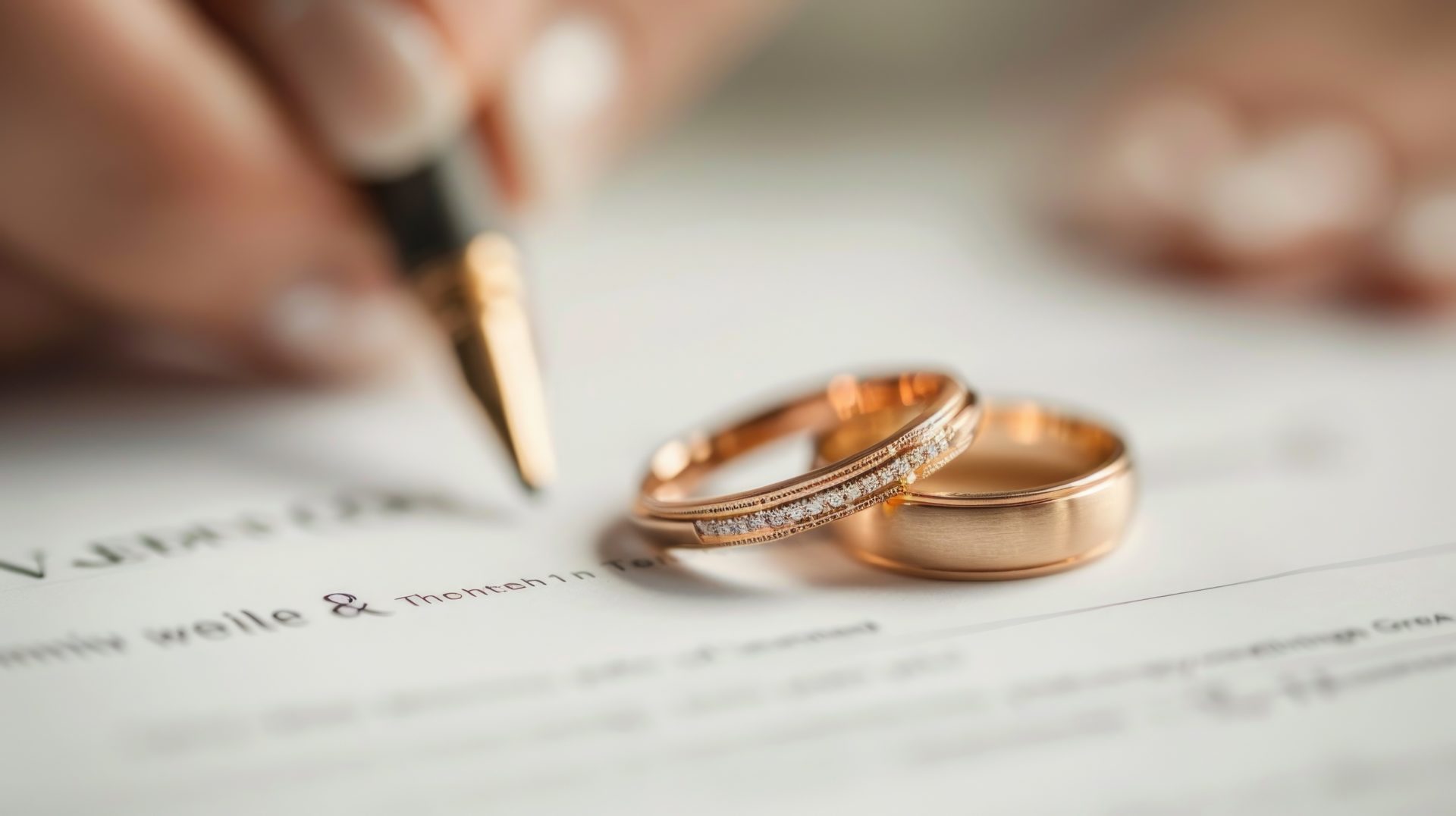Excellent experience start to finish – always very responsive to any queries and the turnaround on the property I was buying was very quick, even in the busy time leading up to stamp duty deadline. Jenny was always very helpful and went above and beyond to close on a short timescale.
There have been a number of news articles in recent months with regard to marriages, celebrated in accordance with the Islamic faith, and what remedies are available to couples who have celebrated an Islamic marriage without an earlier or subsequent legal registration.
Understanding the Legal Status of Nikah-Only Marriages in the UK
As many will know, Nikah is a religious ceremony which is recognised as a binding marriage by Sharia (Islamic) law; however, such marriages have no legal status under UK law unless the parties also have a civil registration. This is a reality that worryingly is not always known to the participants in the ceremony, who often believe that the Nikah is recognised under UK law as well as Islamic law.
With divorce rates among British Muslims seeming to rise in recent years, it is concerning to know that a Channel 4 survey in 2017 found that out of one thousand British Muslim women who took part, almost two-thirds had a Nikah-only marriage.
In February this year, the Home Office conducted an independent review of the Sharia Law and the application of it in England and Wales. One aspect of the review which stands out is the Home Office’s recommendation that Muslim couples undergo both a religious and a civil ceremony to ensure that they receive full legal protection in the UK.
As purely Islamic marriages celebrated in the United Kingdom are not recognised under English Law, the parties to the Islamic marriage contract do not acquire the same rights as married couples. If individuals only have a Nikah and do not have a civil marriage certificate they are not protected legally in the same way as married couples and should the worst happen they are considered by the Court of England and Wales to be co-habiting couples.
Under English Law, a marriage ceremony can either be valid, voidable or a ‘non-marriage’. Where parties divorce following a valid marriage, or have a void or voidable marriage annulled, the court can make financial orders to redistribute property.
Key Legal Cases: Akhter v Khan and the Void Marriage Argument
The recent case of Akhter v Khan can be seen to have pushed the door ajar for the financial weaker party to a Nikah-only marriage. In this case the wife argued that the marriage was a void marriage and therefore she was entitled to financial relief available to married couples, whereas the husband argued that it was a non-marriage.
Mr Justice Williams held that, in this case, both parties at the outset understood that they were embarking on a process which would ‘include a civil ceremony in which the marriage would be registered’ and the failure to complete this process was due to the husband’s refusal after the Nikah to arrange for a civil marriage ceremony. Therefore, Mr Justice Williams concluded that the marriage was void and not a non-marriage.
Another specific element of this case was that the husband sought to rely on the Islamic Nikah conducted in England to persuade the authorities in the UAE to accept the ceremony, which occurred as a valid marriage for the purposes of living and working in Dubai. Although there was no separate civil ceremony performed in the UAE, the English Nikah ceremony was accepted by the UAE authorities as a valid marriage for the purposes of UAE law.
The approach adopted by Mr Justice Williams in this case does not change the law to the extent that every Nikah celebrated in the United Kingdom is legally recognised as a void marriage and every case must be considered on its own facts that require a similar forensic analysis.
Calls for Reform: Register Our Marriage Campaign
A campaign called Register Our Marriage has been established, which calls for the compulsory registration of all marriages and for the reform of the 1949 Marriage Act to cover all faiths.
In addition, it is worth noting that Muslim divorce (Talaq, or Khula if initiated by a woman) under Sharia Law is not generally recognised in English Law if it is obtained in Britain. This will be covered in a separate article in due course.
If you require advice regarding this aspect or any other aspect of Family law please do not hesitate to contact a member of the Family Team on 0161 832 3304 who will be pleased to help.
For more information about Charlotte and her work, please click HERE.
Found this article useful? You might be interested in some of our others:



